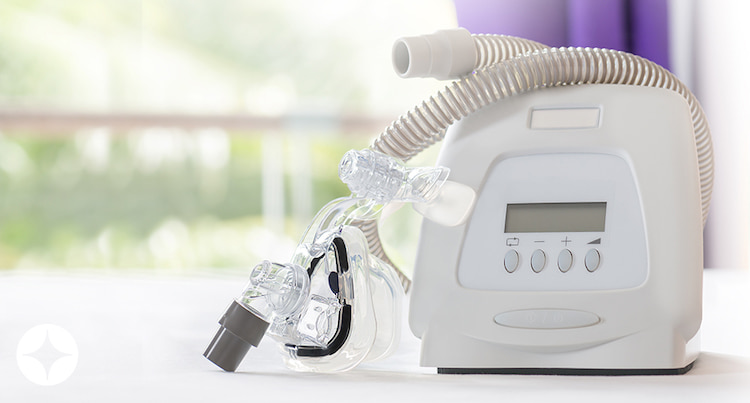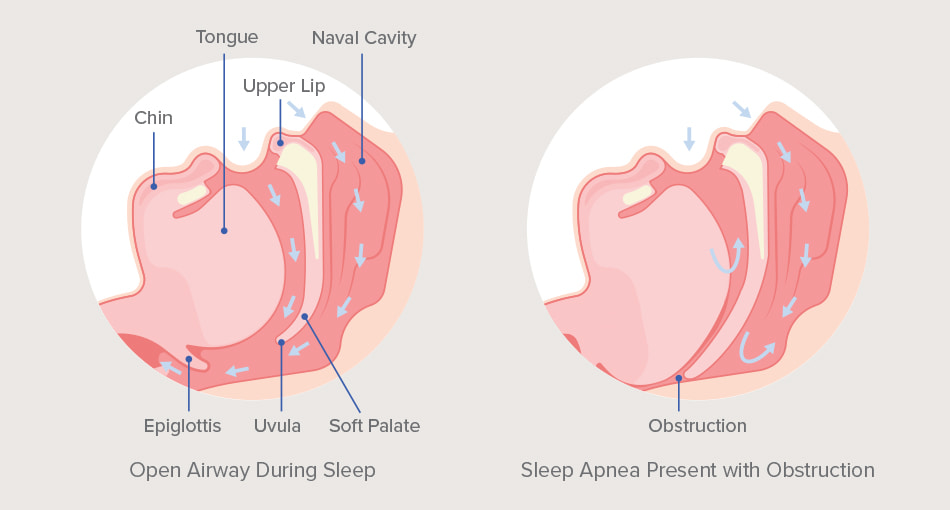
For millions1 of adults who suffer from obstructive sleep apnea, continuous positive airway pressure (CPAP) therapy is considered the gold-standard method of treatment. But if you're new to using a CPAP machine, you're probably wondering what it is and how it works.
What Is a CPAP Machine?
A CPAP machine is a device used to treat obstructive sleep apnea and other sleep-related breathing disorders with continuous positive airway pressure2. There are many different CPAP machine models, and your doctor can help you determine which one is right for you. In most cases, a CPAP machine will include the following components:
- A nasal or full-face CPAP mask
- A CPAP hose typically measuring about 6-feet in length
Certain CPAP machine models provide the option of a heated humidifier that adds moisture to the air as it travels from the hose to the mask for a more comfortable experience.
How Does CPAP Work?
To understand how a CPAP machine works, you should know how obstructive sleep apnea works.

Obstructive sleep apnea occurs when the throat muscles and tongue collapse into the airways during sleep, blocking airflow. This airway blockage sends a message to the brain that the body needs to breathe, awakening it from sleep to take a loud, gasping breath. Individuals with mild obstructive sleep apnea experience 5-15 of these episodes per hour of sleep, while individuals with severe obstructive sleep apnea experience more than 30. A CPAP machine works by continuously blowing gentle, pressurized air through the airway. The increased air pressure prevents the airway from collapsing when you breathe.
CPAP Machine Effectiveness
When used as directed, CPAP therapy can immediately improve the quality of life for individuals who suffer from obstructive sleep apnea. You'll likely notice less snoring, fewer breathing obstructions and a decrease in daytime sleepiness—among other health benefits. Research has shown that using a CPAP machine can reduce the risk of health problems linked with obstructive sleep apnea, such as high blood pressure, depression and cardiovascular issues. Using a CPAP machine is an adjustment, but committing yourself to this popular treatment method will make you feel better and healthier.
References
- National Council on Aging - Sleep Apnea Statistics
- Clevland Clinic - CPAP Machine




